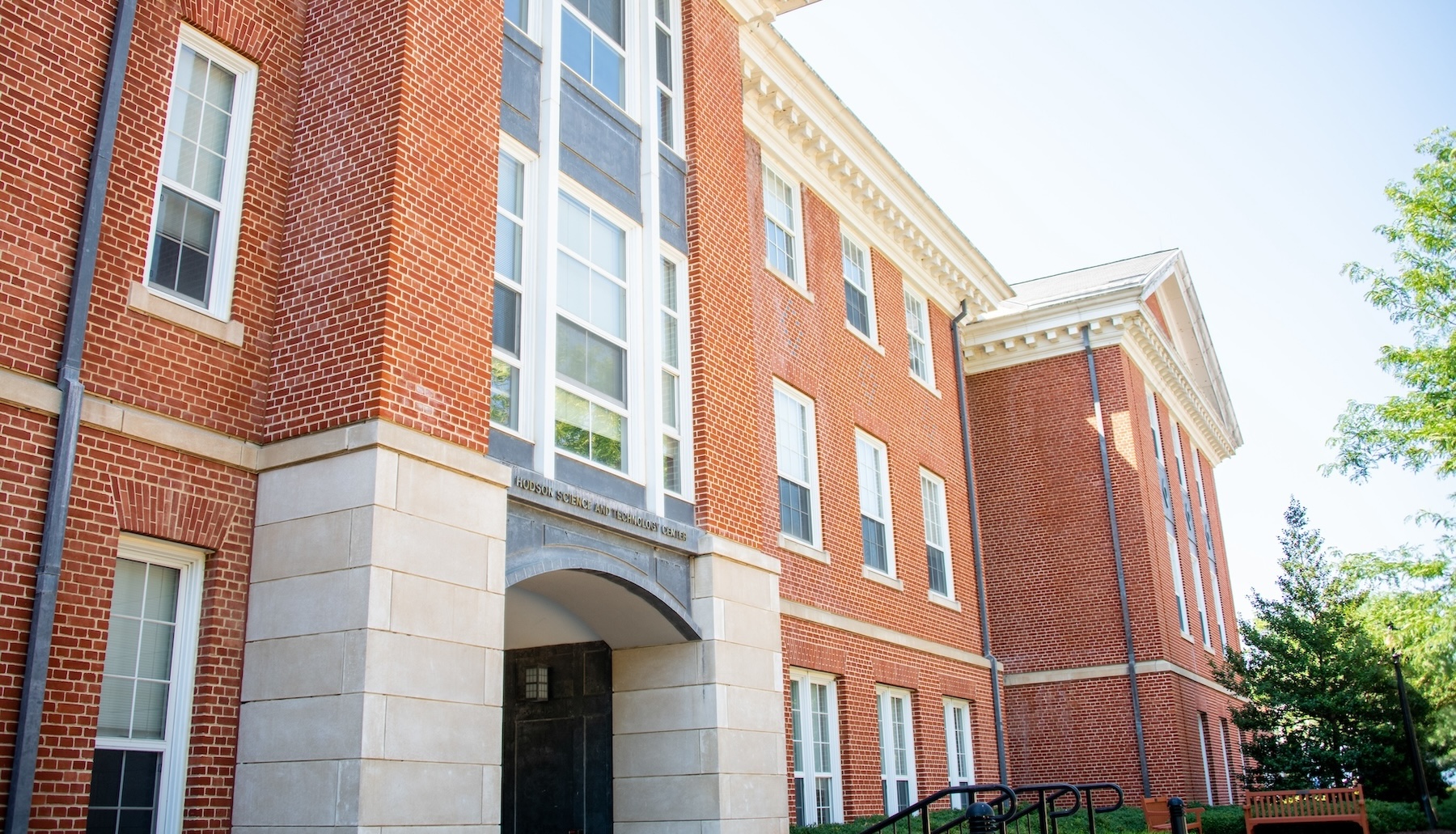Hood College Graduate School Launches New MS Program in Cybersecurity

Interview with George Dimitoglou, D.Sc., Cybersecurity Program Director and Director of the Center for Computer Security and Information Assurance
How will this program serve the region’s cybersecurity needs?
The regional needs for properly trained cybersecurity professionals is staggering. There are over 60,000 unfilled positions in the two major metropolitan Mid-Atlantic areas (Baltimore, DC) alone. Our goal is for graduates of our MS in Cybersecurity program to fill as many of these positions as possible at all levels, depending on their interests: from the highly technical to the managerial.
Can you tell us more about creating the Cybersecurity degree?
The MS in Cybersecurity was created to address the growing regional needs for cybersecurity professionals. Creating the degree did not start from scratch. The Department of Computer Science & Information Technology has been offering a graduate Certificate in Cybersecurity for over seven years and it became our foundation for our master’s program. But we wanted to make sure that we adhere to the state of the art in cybersecurity education so we build the new program.
What are the strengths of the program?
The most important aspects of the program are the hands-on, experiential learning component and the Capstone experience. While we are committed to providing all the necessary theoretical background, cybersecurity is an applied field, so our courses have a heavy hands-on, laboratory component to reinforce the lecture material and sharpen student skills. The Capstone is unique because it is the culmination of what our students learn during the program, applied to a regional organization. Our students become “embedded” to an organization and work on real-life cybersecurity projects. Students that already work in the industry have the option to work one-on-one with faculty and an industry mentor on a significant research project.
What is unique about this program?
There are several courses that are really interesting — our Forensics course provides students with hands-on lab experience using state of the art forensic analysis tools (think of CSI but solving computer and network hacking incidents). Our Ethical Hacking course is training students how to think like hackers to better protect computers and networks. We are constantly introducing interesting topics and my top priority is to recruit and retain the best faculty to teach in our classes.
Who will be teaching the classes?
Aside from our regular, full-time faculty we always bring in highly qualified industry professionals — for example, our Cryptography course is taught by a former US Army code breaker.
What can you tell us about current interests of and from students?
Students are very interested in system and network security because it is the foundation of skills and knowledge in this area. We see a lot of interest in forensics and ethical hacking. The program was approved by the Maryland Higher Education Commission (MHEC) in late August and within weeks we had a full class of students in the new program. We are now accepting applications for the spring semester.
Media Contact
Mason Cavalier
Media Manager
- Graduate
- Graduate School
- Computer Sciences
- Computer Science & Information Technology Graduate Programs




